Escape into Danger
Escape into Danger
The True Story of a Kievan Girl in World War II
Sophia Orlovsky Williams
ROWMAN & LITTLEFIELD PUBLISHERS, INC.
Lanham Boulder New York Toronto Plymouth, UK
Published by Rowman & Littlefield Publishers, Inc.
A wholly owned subsidiary of The Rowman & Littlefield Publishing Group, Inc.
4501 Forbes Boulevard, Suite 200, Lanham, Maryland 20706
www.rowmanlittlefield.com
Estover Road, Plymouth PL6 7PY, United Kingdom
Copyright 2012 by Rowman & Littlefield Publishers, Inc.
All rights reserved. No part of this book may be reproduced in any form or by any electronic or mechanical means, including information storage and retrieval systems, without written permission from the publisher, except by a reviewer who may quote passages in a review.
British Library Cataloguing in Publication Information Available
Library of Congress Cataloging-in-Publication Data
Williams, Sophia, 1923
Escape into danger : the true story of a Kievan girl in World War II / Sophia Orlovsky Williams.
p. cm.
ISBN 978-1-4422-1468-2 (cloth : alk. paper) ISBN 978-1-4422-1470-5 (electronic)
1. Williams, Sophia, 1923 2. World War, 19391945Personal narratives, Ukrainian. 3. World War, 19391945Ukraine. 4. UkraineHistoryGerman occupation, 19411944. 5. UkraineBiography. 6. Ukrainian AmericansBiography. I. Title.
D811.5.W4937 2012
940.53'4777092dc23
[B]
2011036163
 The paper used in this publication meets the minimum requirements of American National Standard for Information SciencesPermanence of Paper for Printed Library Materials, ANSI/NISO Z39.48-1992.
The paper used in this publication meets the minimum requirements of American National Standard for Information SciencesPermanence of Paper for Printed Library Materials, ANSI/NISO Z39.48-1992.
Printed in the United States of America
Dedicated to the memory of the 100,000 Kievans of various ethnic groups,
mostly Jews, killed by the Nazis at Babi Yar
Acknowledgments
For the constructive criticism from my caring friends and readers of the book-in-the-making, I am deeply grateful.
Thank you to Patricia Golemon for editorial comments and valuable suggestions.
Lou Bilter and Carol Sue Finkelstein, my dear friends, you have been helpful and supportive, and I thank you.
Thank you to Mark Zaltsberg and Vladimir Sukholutsky for contagious enthusiasm and encouragement.
Thank you to Rhoda Clamen for wise counsel and openhearted hospitality.
Thank you to Carolyn Murphy for unflagging support since China days.
Special thanks to Susan McEachern, Janice Braunstein, Grace Baumgartner, and Catherine Bielitz, the wonderful editorial staff at Rowman & Littlefield who brought the finished book into the world.
Authors Note
I changed a few names to protect the guilty in some landsinnocent in the USAand to protect the privacy of an extended family.
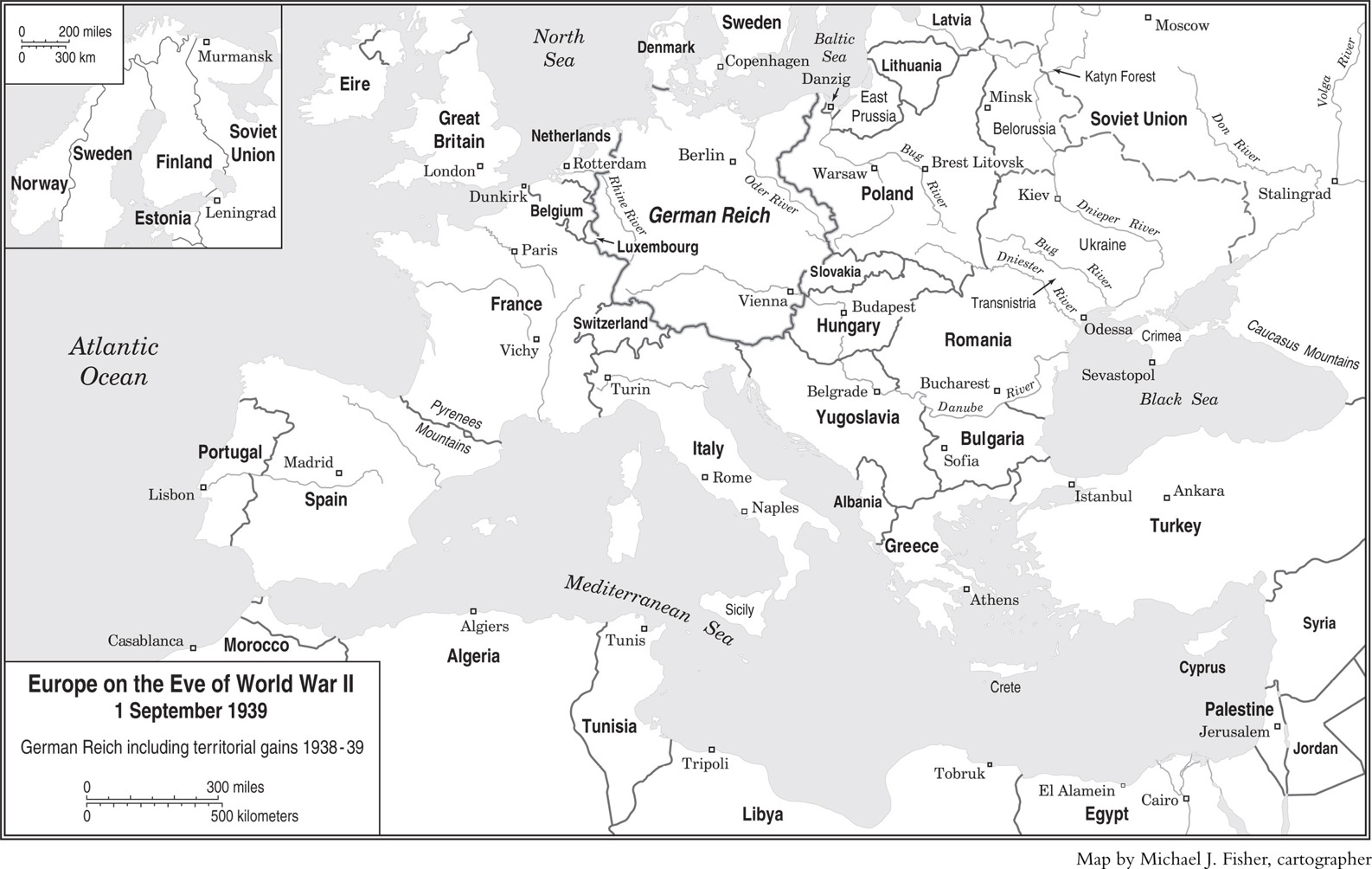
Escape into Danger
Part I
Spring of Youth
Full of Spunk
My mother never wavered in her assertion that the Soviet Union and I were born by accident. She never wanted to have any children, and she pined for the czar. My father, eight years younger than my mother, welcomed both of ushis only daughter and the Soviet regime.
My mother and her family were Roman Catholics of Polish and German ancestry. My father was Jewishnever mind my mothers claim that he had converted to Catholicism. When in time I became aware of such things, I understood that my father could not have converted because he was a Bolshevik inclined to atheism. I was born on December 29, 1923. They named me Sophia and a priest baptized me, but I was not reared a Catholic.
We lived with my Jewish grandparents and Uncle Lazar in Podol, a low-lying district of Kiev, where my small life was steady and secure.
Chestnut trees were in bloom when in 1928 we moved up the hill to Vladimirskaya Street No. 45, in the very navel of the city and diagonally across from the opera house. This location delighted my mother, a former singer with the opera. My father was quite satisfied: he found two large rooms for us in an eight-room apartment occupied by seven families. In those days, that was a feat.
My delight was the courtyard, large and alive with noisy children playing games of hopscotch, hide-and-seek, and tag. Boys were kicking a ball and running madly after it. Even while the movers were unloading our furniture and trying to get me out of their way, I met my future playmates, classmates, and friends.
The movers struggled with our old grand piano up the 109 steps to the top floor. As soon as they left, I ran upstairs. My mother was singing an aria from The Barber of Seville. She surveyed the unfurled Oriental rugs and set out to decorate the creamy walls with paintings, a stuffed baby crocodile, and a Caucasian dagger. She hung her portrait over the marble fireplace where logs would burn in winter.
These were the final days of the New Economic Policy, the brief period after the Russian Revolution when private enterprise was permitted. The firewood to keep our rooms warm was still plentiful, and the water to flush our communal toilet was still running.
Every summer we spent at our dacha in the forest of Pushcha Voditsa. Wild strawberries and mushrooms grew in the woods in profusion; a heavenly scent hung in the air when the jasmine and wild cherry trees were in bloom. Aunts and cousins and both grandmothers often spent the day with us, and we went on picnics in the meadows alive with butterflies. We carried blankets and baskets filled with food and drink. Many visitors flocked to the dacha for joyful social evenings. They drank vodka from cucumbers cut in half and scooped outone of my mothers inventions. She claimed vodka tasted better that way.
My father usually arrived at the dacha after work. Id always be there, waiting for him at the streetcar stop. How are things, Sonyechka? hed ask me, his Sonya, lifting me on his shoulders and carrying me home. I felt proud of my father; he was tall and lean, and his full head of hair was dark and wavy. I loved to watch his long fingers dance across the piano keys or strum the mandolin. Unlike my mischievous mother, he was serious most of the time, but even then his big brown eyes seemed to smile. Surely he was the smartest, the best-looking papa of them all.
Sometimes he did not come, and I would go home feeling sad. The summer of 1929 was the saddest. One early July day, as I returned from romping in the meadows, our summer furniture and bedding were on the porch. A horse-drawn dray was waiting to be loaded.
With tears in her eyes, my mother said, Were going home. I asked her why, and she cried. Your papa found someone else, my little dove.
I had never seen my mother cry before, and it frightened me. MamochkaI touched her facedont cry.
She hugged me closely to her and sobbed.
Soon after, my parents were divorced. My mother was inconsolable. Bitterly she complained about her lot in life, blaming the Revolution for everything, cursing Stalin and the Bolsheviks. I was four-and-a-half years old and couldnt understand what Stalin and the Revolution had to do with my father leaving us, but I too was hurt. I missed my papa.
* * *
My mother, a well-groomed, green-eyed beauty with a sweep of reddish-blond hair, easily attracted the opposite sex. Yet she never remarried. Two months after the divorce she met the proprietor of a bookstore she said would be my new papa. I remembered him only because the world map on the wall beside my bed and many of the books on the shelves above my desk came from him: Gullivers Travels , a well-worn collection of poems by Pushkin, Pinocchio , exquisitely illustrated old Russian fairy tales, Twenty Thousand Leagues under the Sea , and more. The man died that summer from fish poisoning, and my mother grieved.

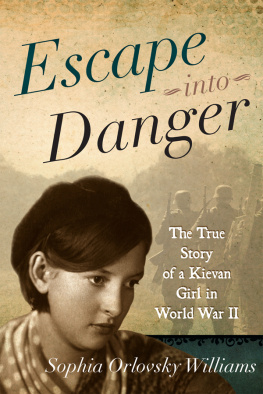
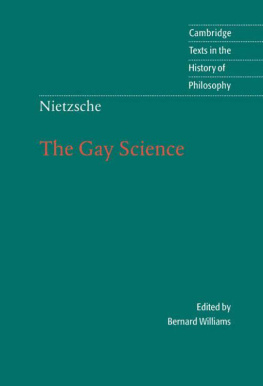
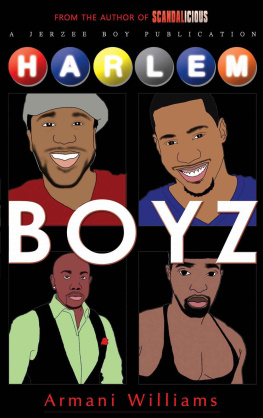
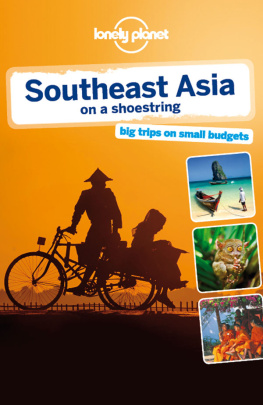
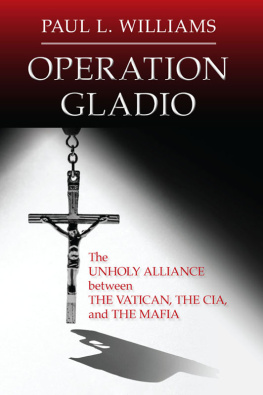
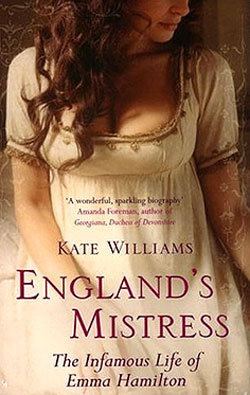
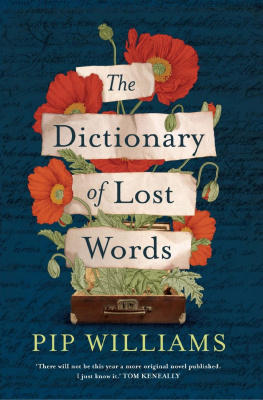
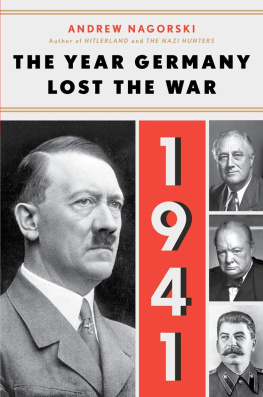
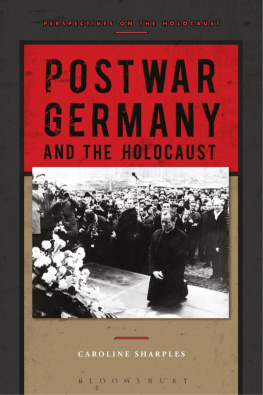
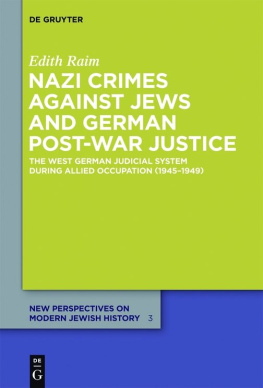
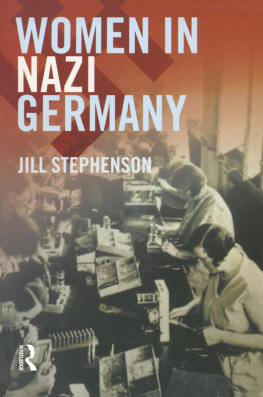

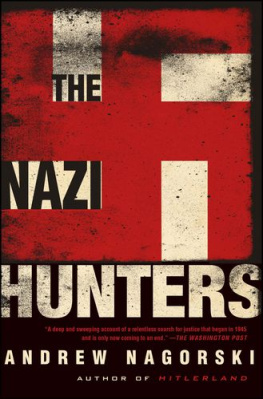
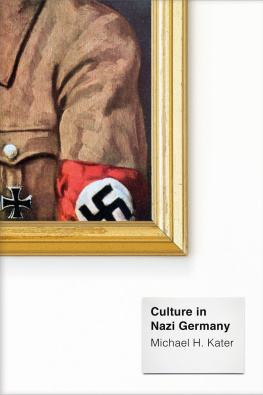
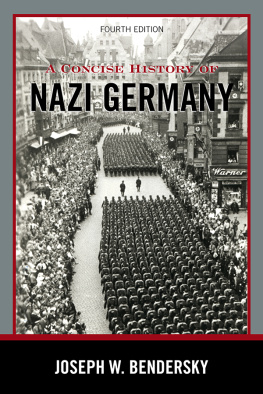

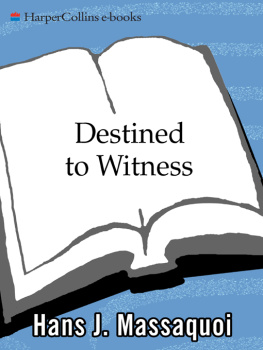
 The paper used in this publication meets the minimum requirements of American National Standard for Information SciencesPermanence of Paper for Printed Library Materials, ANSI/NISO Z39.48-1992.
The paper used in this publication meets the minimum requirements of American National Standard for Information SciencesPermanence of Paper for Printed Library Materials, ANSI/NISO Z39.48-1992.